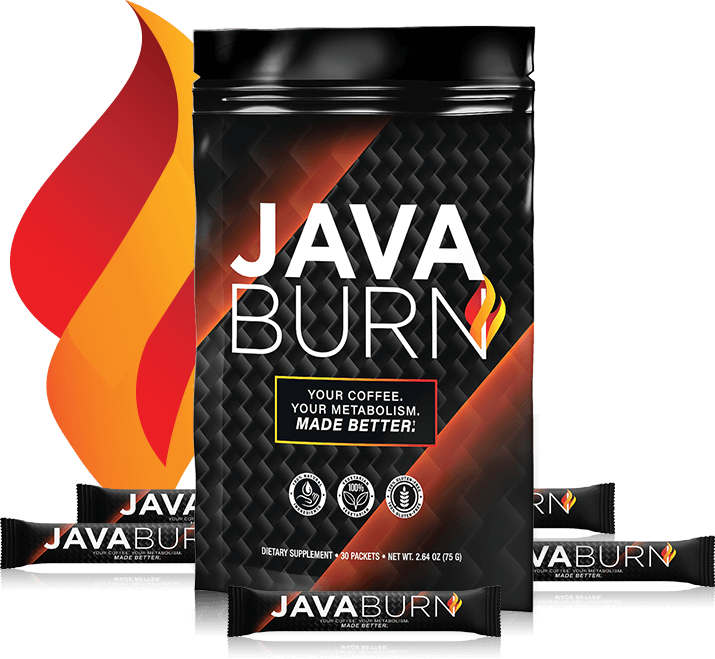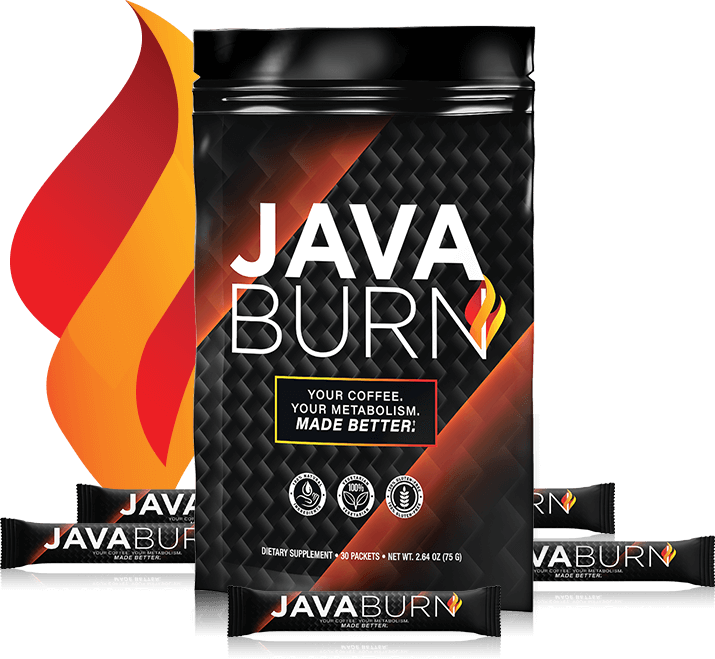
Understanding Metabolism: The Basics
Metabolism is a fundamental biological process characterized by a series of life-sustaining chemical reactions occurring in living organisms. It encompasses all the biochemical reactions that convert food into energy, enabling growth, reproduction, and maintenance of cellular structures. Metabolism can be broadly categorized into two primary components: metabolic speed and metabolic efficiency.
Metabolic speed refers to the rate at which the body expends energy, commonly known as the basal metabolic rate (BMR). This rate is influenced by various factors including age, gender, muscle mass, and genetics. Essentially, metabolic speed determines how quickly the body utilizes calories, affecting weight management significantly. A higher metabolic speed implies that the body burns calories at a quicker pace, potentially aiding in weight loss or maintenance, while a slower metabolic speed can contribute to weight gain or difficulty in losing weight.
In contrast, metabolic efficiency refers to how well the body converts food into usable energy. This process involves a series of intricate biochemical pathways that extract energy from nutrients such as carbohydrates, proteins, and fats. For optimal health, it is crucial that the body functions effectively during this conversion, as inefficient metabolism can lead to excess calorie storage and increase the risk of various health complications, including obesity and metabolic syndrome.
Understanding metabolism is essential for recognizing its impact on overall health and weight management. By grasping the concepts of metabolic speed and metabolic efficiency, individuals can make informed dietary and lifestyle choices that may enhance their metabolic processes. Ultimately, metabolism is not only a vital mechanism within the body but also a key player in maintaining long-term health and wellness.

The Impact of a Sluggish Metabolism
A sluggish metabolism can have a profound impact on an individual’s ability to maintain a healthy weight, often stalling weight loss efforts and, in some cases, leading to weight gain. Metabolism is the process by which the body converts food into energy, and a slow metabolic rate may hinder this efficiency, making it challenging to burn calories effectively. Several factors contribute to a sluggish metabolism, including age, genetics, lifestyle choices, and hormonal changes.
As people age, their metabolic rate tends to decrease. This natural decline in metabolism can result in the accumulation of excess weight if dietary habits and physical activity levels remain unchanged. Furthermore, genetics play a vital role; some individuals may simply inherit a slower metabolic rate from their family lineage, making weight management more challenging.
Lifestyle choices are significant contributors as well. Sedentary behavior, which is increasingly common in today’s society, can exacerbate metabolic sluggishness. When individuals do not engage in regular physical activity, their bodies may become less efficient at burning calories. Additionally, poor dietary choices—such as consuming high amounts of processed foods and sugars—can lead to metabolic dysfunction. For instance, individuals who rely heavily on quick, easy meal options may find themselves struggling with weight despite an active lifestyle.
Hormonal changes, particularly those associated with aging and conditions like thyroid imbalances, can further hinder metabolic efficiency. Women often experience metabolic shifts during menopause, significantly impacting their weight. Anecdotes abound of individuals who embark on rigorous diets and exercise regimens yet struggle to achieve results due to underlying metabolic issues. These experiences illustrate the importance of understanding one’s metabolism for effective weight management and highlight that solutions must go beyond mere calorie counting.

Factors Influencing Your Metabolism
The metabolic rate of an individual is influenced by a multitude of factors, each playing a distinctly significant role in the efficiency with which the body converts food into energy. One of the most apparent factors is age; as people age, their metabolic processes generally slow down. This decrease can be attributed to a reduction in muscle mass and changes in hormonal levels, making it crucial for older adults to engage in regular physical activities to counteract this natural decline.
Muscle mass, in particular, is a vital contributor to a faster metabolism. Lean muscle tissue is metabolically active, meaning that it requires more energy to maintain than fat tissue. Thus, individuals with higher muscle mass tend to have a higher basal metabolic rate (BMR). Strength training and resistance exercises are effective ways to increase muscle mass. Consequently, incorporating these types of workouts can be instrumental in optimizing metabolic function.
Additionally, dietary habits profoundly impact metabolism. The body requires energy to digest food, a process known as the thermic effect of food (TEF). This effect can vary based on the macronutrient composition of the diet; protein-rich foods typically require more energy for digestion than fats or carbohydrates. Furthermore, frequent, smaller meals may help to keep the metabolism active, rather than allowing it to slow down due to extended periods of fasting.
Exercise is another critical factor in influencing metabolism. Regular physical activity not only builds muscle but also fosters an increase in metabolic rate during and after exercise, a phenomenon known as excess post-exercise oxygen consumption (EPOC). Lastly, hormonal balance plays a crucial role in regulating metabolism; hormones such as thyroid hormones, insulin, and cortisol significantly influence energy production and utilization in the body. Understanding these factors empowers individuals to make conscious lifestyle changes that can positively affect their metabolic rates.

Supercharging Your Metabolism with Java Burn
As individuals seek to enhance their metabolic efficiency, one emerging solution is Java Burn. This innovative product has been specifically designed to target the speed and effectiveness of metabolism, aligning perfectly with contemporary lifestyle needs. For those looking for practical strategies to elevate their metabolic performance, Java Burn offers a promising avenue worth exploring.
Incorporating Java Burn into your daily routine is as straightforward as it is beneficial. This dietary supplement, which comes in convenient powder form, can be easily mixed with your morning coffee, blending enjoyment with metabolic enhancement. The formulation is backed by scientific principles aimed at stimulating metabolism, potentially leading to improved weight management and overall health outcomes. By integrating Java Burn into your daily habits, you can seamlessly elevate your body’s calorie-burning potential.
Java Burn operates by synergizing with your body’s natural metabolism, enhancing energy levels and ensuring that your physiological processes function optimally. Its carefully crafted ingredients are designed to increase metabolic rate, thus enabling users to shed excess weight more effectively. This seamless integration into a morning beverage not only supports metabolic activity but also ensures you remain energized throughout the day, making it an ideal choice for busy lifestyles.

Moreover, the formulation of Java Burn complements other metabolism-boosting strategies previously discussed, such as dietary adjustments and physical activity. By adopting a holistic approach that includes this supplement, individuals can address their metabolic needs more comprehensively. Ultimately, Java Burn represents a viable solution for those eager to fuel their metabolism, paving the way to a healthier and more energetic life.